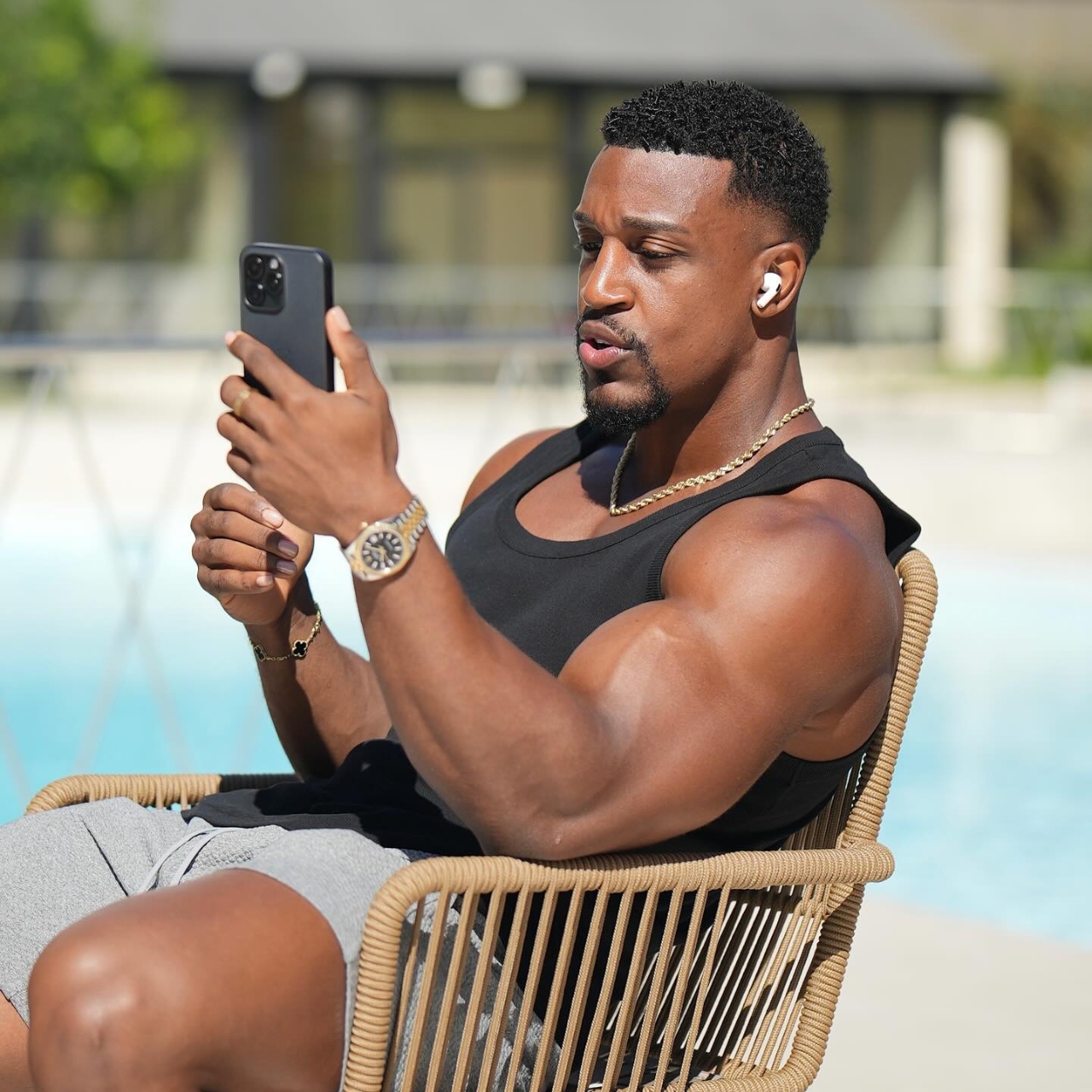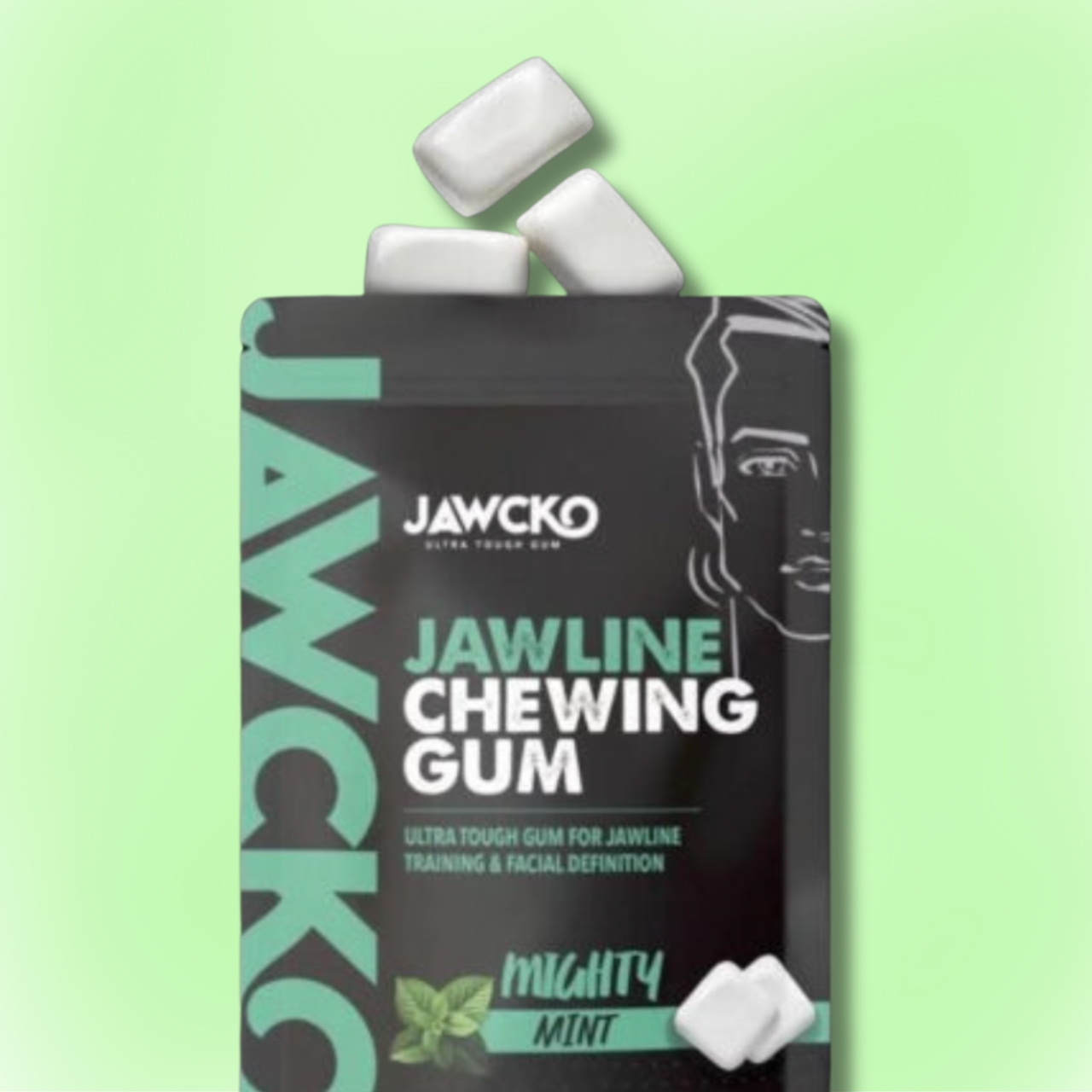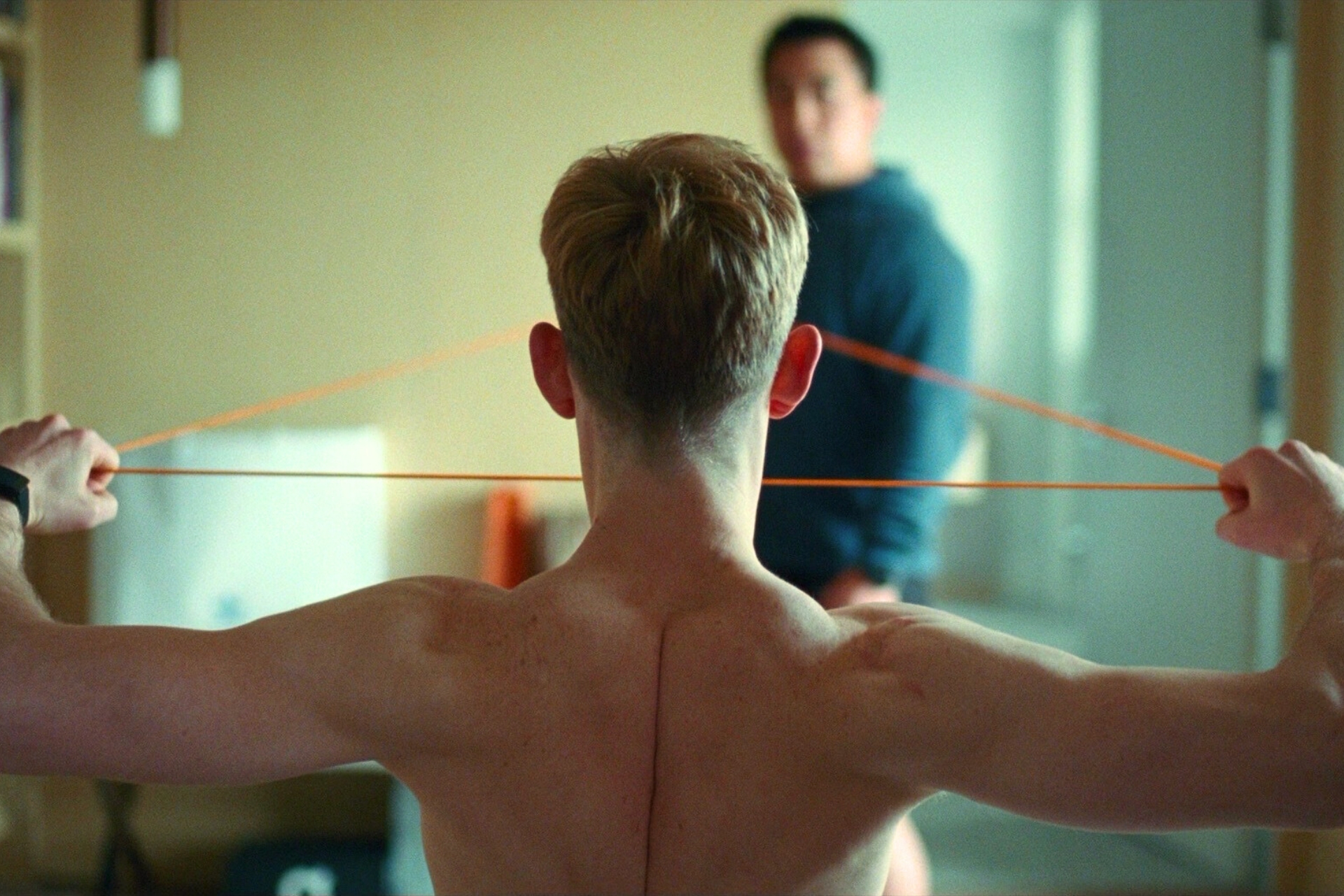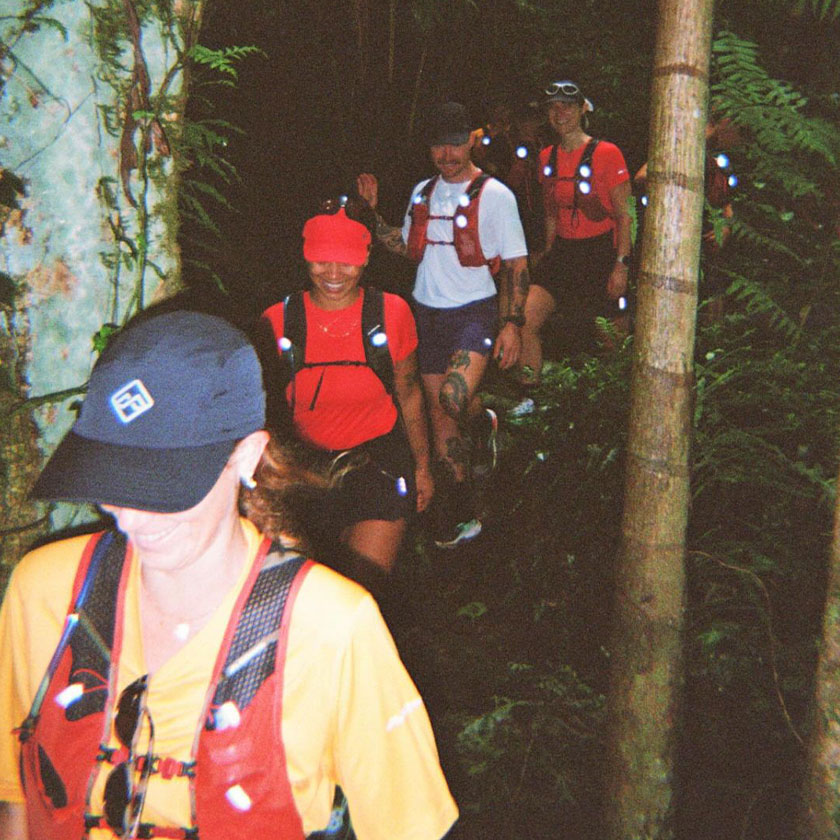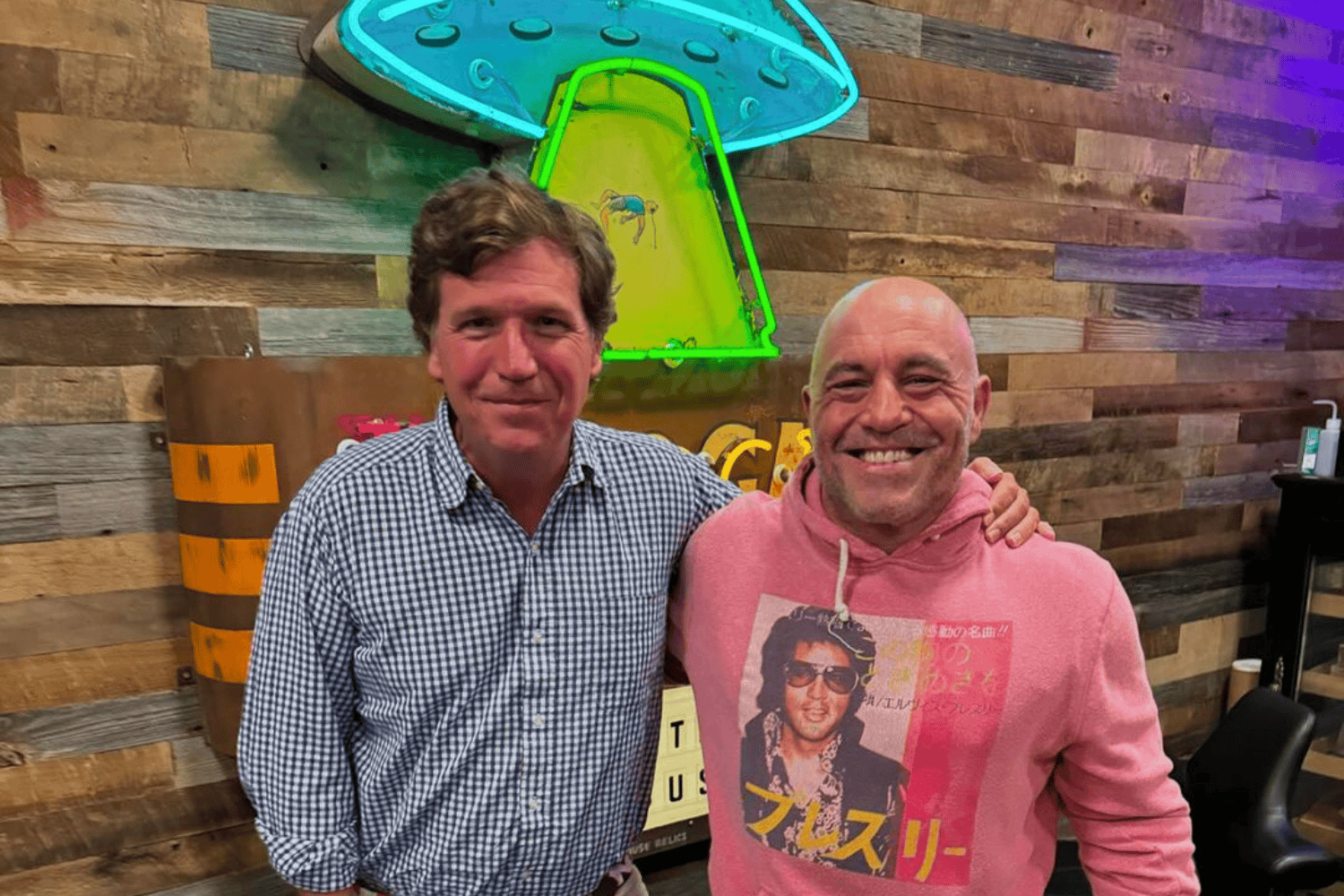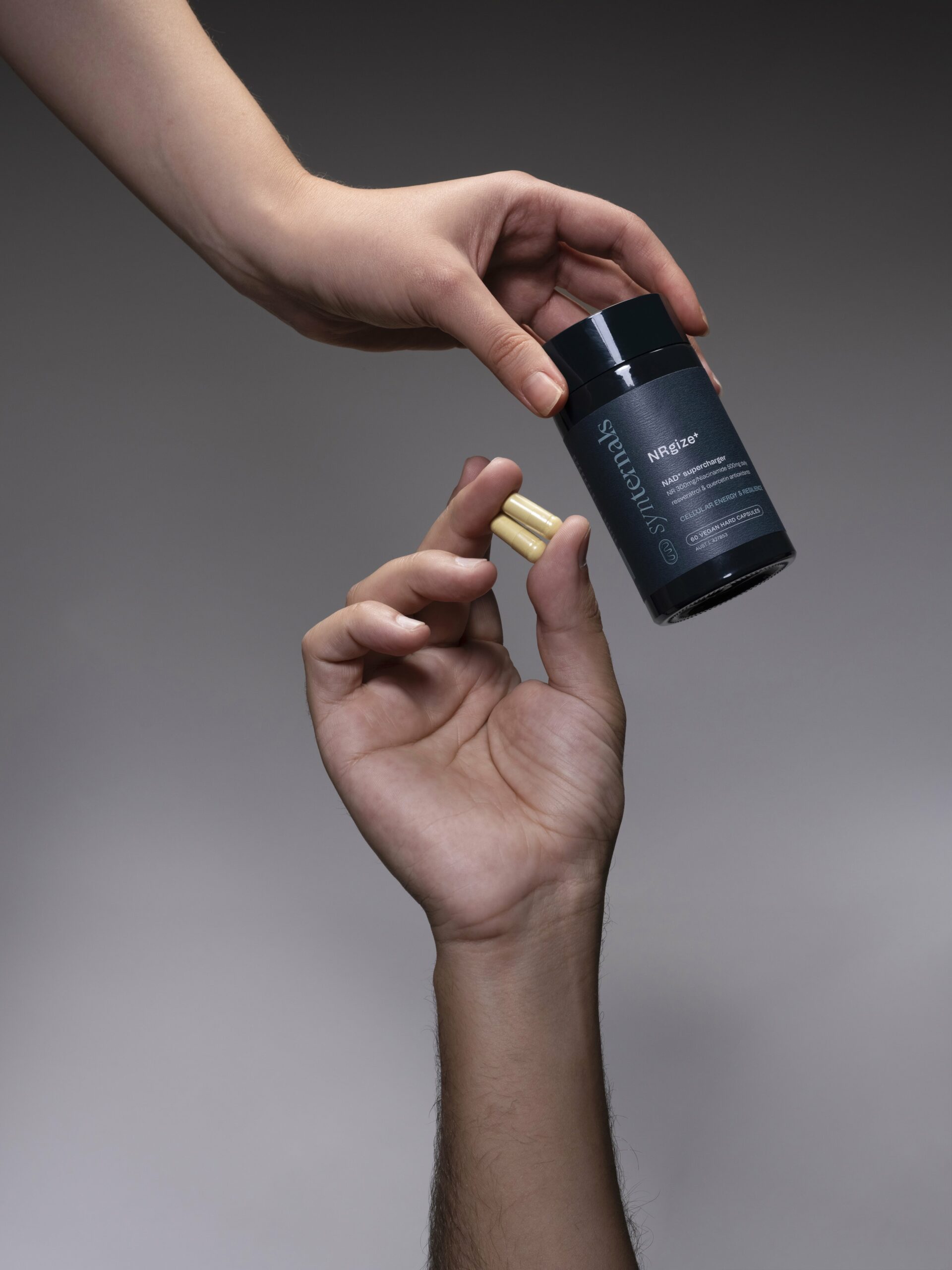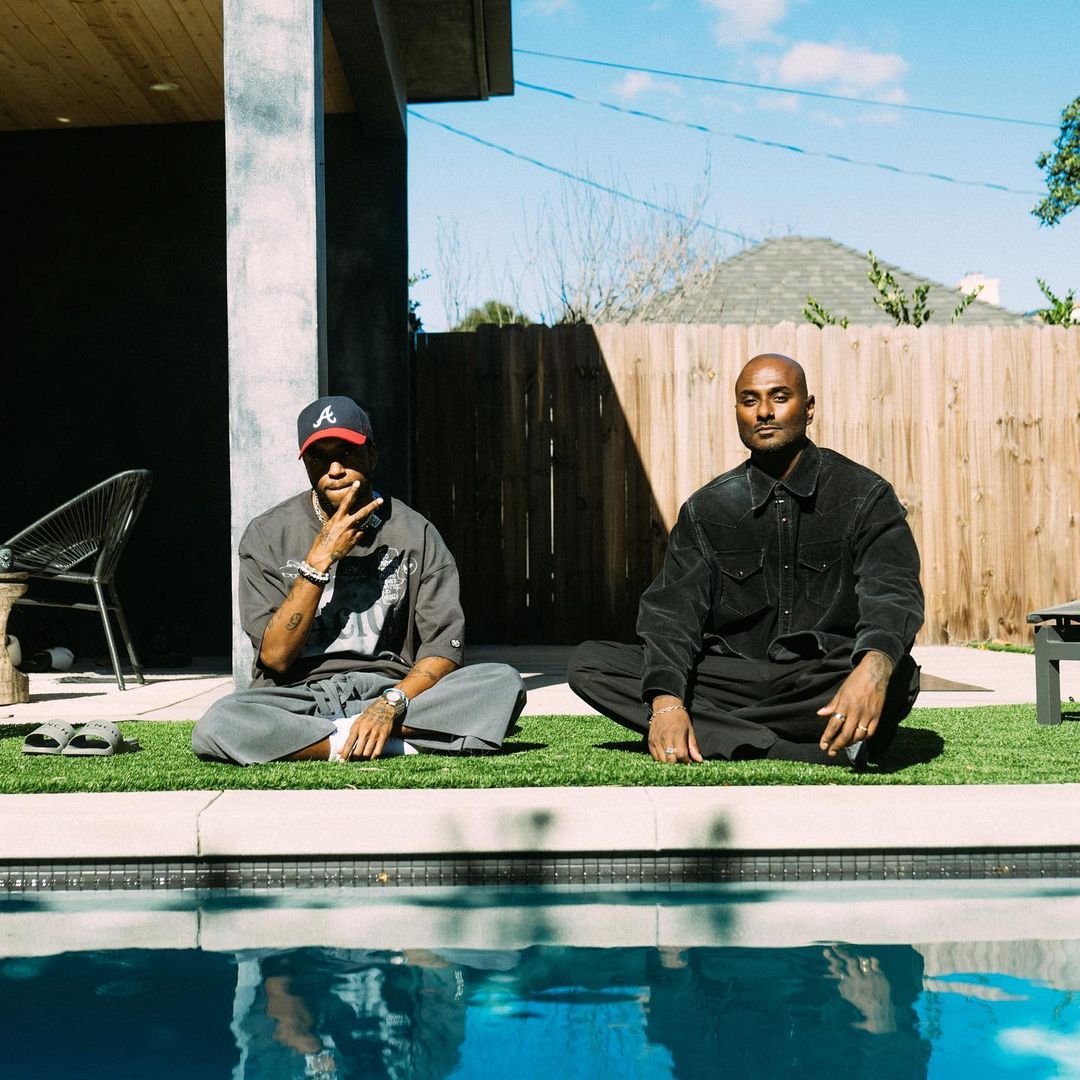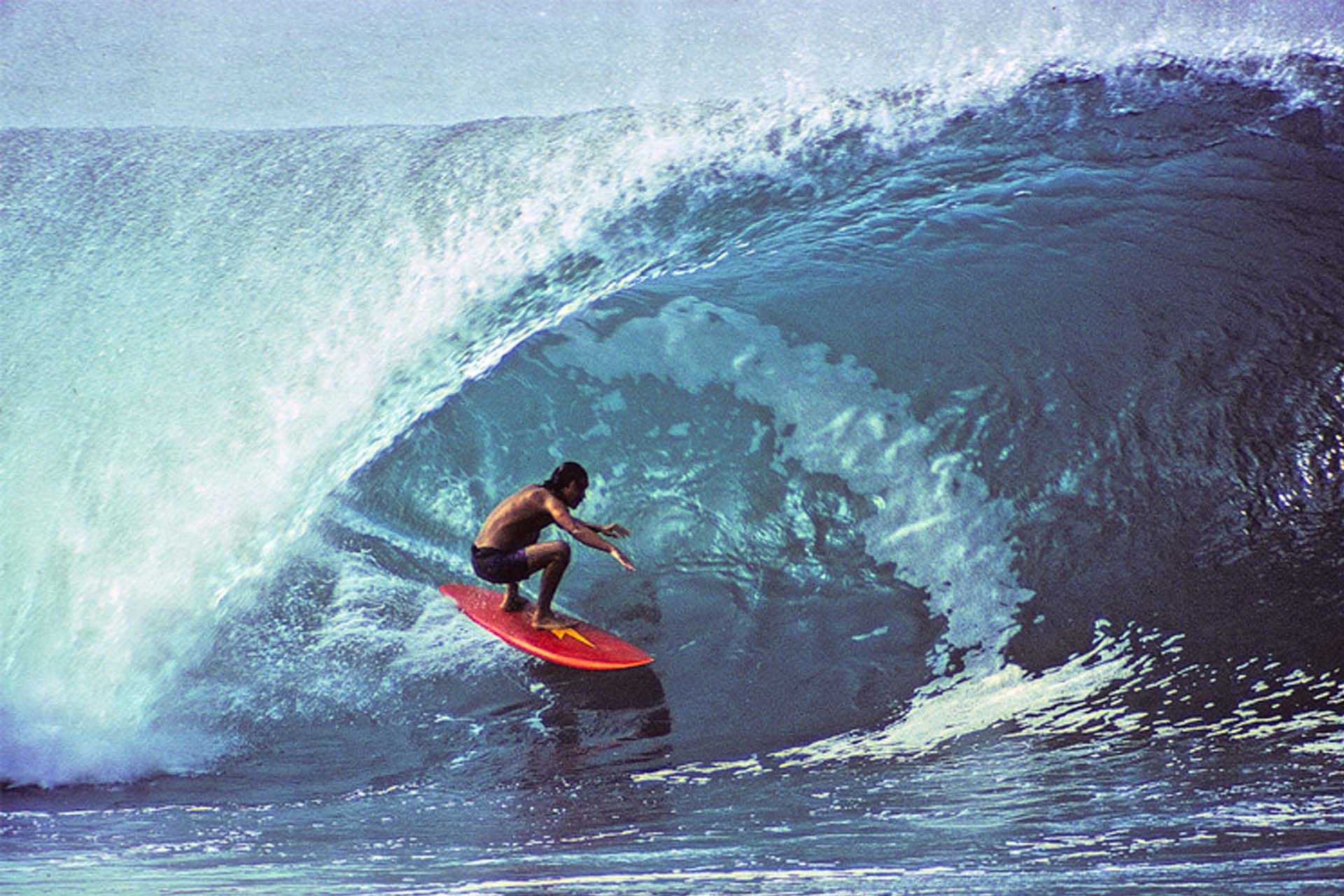Here's your Dry July survival kit
A novice’s guide to socialising for the sober-curious.
UNTIL LAST WEEKEND I regarded kids’ birthday parties in which the hosts didn’t offer booze to offset the awkwardness of talking to strangers, who also happen to have procreated, to be a human rights violation.
In this case, the 10am kick-off already had me anxious, as did the community-centre location – these places are often alcohol free. Sure enough, upon arriving at the party the cups of tea in everyone’s hands immediately alerted me to the terrifying truth: this was going to be a dry party.
Rather than dump my child and walk straight back out of there as about a trillion neuronal currents of electricity in my brain were encouraging me to do – some parents actually left, not sure if they hit a pub – I forced myself to grab a tea and offer myself up as a sacrifice at the altar of inane small talk.
I’m not going to lie, a few dud conversations ensued, in which we never got past the fundamental bond that linked us: our kids. “How’s your kid doing in school? What extra-curriculars do they do? What foods doesn’t your child eat? Really? Mine, too.” All of my pre-party fears were being confirmed.
Then, I met a lady who had an interesting job, to me, anyway (She worked in publishing and may or may not have rejected a manuscript I submitted, so I was at once fascinated and enraged by her). As we continued to chat, I realised to my utter astonishment that I was in a conversation that didn’t involve kids. I also didn’t have a drink in my hand and, what’s more, didn’t seem to need one.
Spurred on by my initial success, I decided to try this new tactic – probing strangers about themselves until they offer up something you can latch onto – on another dad. Talk of kids ensued. I tuned out. Then he mentioned he played basketball, a mutual interest, triggering a cascade of conversational gold and superior hoops analysis – “Jokic makes everyone better, even the janitor”.
By now, you’ve probably got the point that for some of us, socialising without alcohol is oxymoronic, (I generally lose the prefix), an activity akin to dancing without music. And it is this fear, rather than the obvious detrimental effects to our health, that sees some of us waver at the thought of prolonged sobriety.
But if the clatter of bottles regularly tumbling into my recycling bin isn’t enough to spur me to cut back on booze, there’s plenty of evidence to back up the potentially deadly consequences of binge drinking. Statistics from the Australian Institute of Health and Welfare show about 2 in 5 (42.1%) of adults aged 18 and older have consumed more than 4 standard drinks on a single occasion at least once in the past year, exceeding the single occasion risk guidelines. Even if you don’t put it away all at once, many of us would struggle to remain under government guidelines for alcohol consumption: no more than 10 standard drinks per week.
So, how could a month off booze help you? In a number of ways:
Benefits of not drinking
Better sleep
How many times have you woke at 3am with a headache and a throat as dry as a sub-Saharan creek bed? A study published in the journal Public Health Nutrition found “higher alcohol consumption was associated with poorer sleep quality and higher odds of having snoring and short sleep duration”.
Improved health
Excessive alcohol consumption can lead to health conditions ranging from reflux to cirrhosis, depression and cancer. Even low or moderate drinkers will benefit from a month off.
Weight loss
A glass of regular beer has about 600 kilojoules, while a glass of wine has about 480. It doesn’t help that alcohol may spike your appetite and lead you to overeat unhealthy foods.
Better sex
The dreaded droop is real. A study published in the Indian Journal of Psychiatry found “Sexual dysfunction is common in patients with alcohol dependence. Heavy drinking proportionately increases the risk”.
More money
A pint of pale ale can you set you back $15 -$20 these days. Kind of says it all.
How to socialise without a schooner in your hand
Ask people about themselves
Really, what you’re doing by not relying on alcohol to grease the wheels of social interaction is making yourself a better conversationalist. If you ask most people about themselves, somewhere amongst the detritus and debris of their daily lives will lie a nugget of conversational gold. Mine that nugget!
Tell them something about yourself
I know, I know, you don’t want to drone on like Donald Trump at a party rally but hear me out. While the humble among us often prefer to deflect, if you offer up something interesting from your own life, you are giving your interlocutor something to work with. Conversation, in its highest form, is a two-way street.
Introduce others into your conversation
When the chat does inevitably begin to fail, third parties can act as conversational life rafts. Bonus: the entry of a new party allows you to make a getaway without being rude.
Have something in your hand
An oldie but a goodie. Any beverage will do. For those who don’t want to answer questions around why they’re not drinking, ask for a soda water with lime and everyone will assume its a bevy.
Ben Jhoty covers sport and wellness for Esquire Australia.
Related: Why is no one talking about the Australian cricket team?













